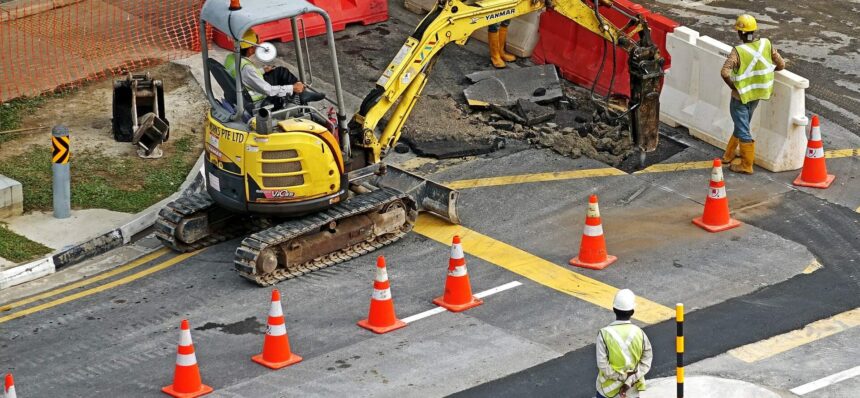In terms of information security management systems (ISMS), ISO 27001 provides data and controls that can move a construction company’s employees toward best practices by demonstrating risk. The program has been growing in popularity due to its ability to reach across company information resources and address strengths and weaknesses.
For example, you can evaluate the potential damage from a cyber attack, hack or system corruption and preview your company’s condition in the aftermath. Understanding the state of an organization’s informational systems following a breach raises the opportunity to proactively implement targeted security measures. Because construction outfits do not have unlimited finances, ISO 27001 helps point out the value of specific information and systems. You’ll gain a clearer picture of which aspects of the company are at the greatest risk and which are most secure. As a business operator, you can allocate resources to protect high-value items first.
A wonderful byproduct of using ISO 27001 is that managers will have unmistakable evidence that security policies and procedures need to be managed in a certain fashion. While technology has been evolving quickly during the last decade, some office personnel tend to resist change. That bureaucratic drag on company efficiencies won’t be up for debate with hard data to support and implement an overhaul of best practices. Other benefits include:
- Secures confidential information
- Raises stakeholder confidence
- Secures information exchanges
- Assists with legal requirements
- Assists with regulation requirements
- Helps maximize efficiency and competitiveness
- Improves client confidence and satisfaction
- Reduces risk exposure
- Provides informational protection for ownership, managers and assets
How to Become ISO 27001 Certified
Once you have implemented ISO 27001 and feel your organization has a firm grasp, it’s time to pursue certification. You’ll need to successfully negotiate a rigorous, two-step audit process.
In Stage 1 of this process, an auditor will conduct a document review of your ISMS procedures, policies, goals and risk management strategies. You’ll need to provide risk-related reports on a wide range of topics, as well as defined company policies. The reason for the initial audit is to determine whether or not you have all your ducks in a row before moving on to Stage 2.
Stage 2 generally occurs a few weeks after a successful Stage 1 audit has been completed. This audit takes the reports, policies and procedures and determines whether the organization has implemented them at a high level. It’s not uncommon for a disconnect to exist between best practices and actual practices. Even if you don’t pass this audit during the first review, it will provide valuable information about gaps between current practices and best practices. That in itself has tremendous value.
If the organization doesn’t earn a certificate after the audit, a non-conformity report will be issued and you’ll have about three months to take corrective action and ask for another review.
Earning ISO 27001 certification helps construction organizations become more secure, efficient and profitable by bringing employees and key stakeholders into cross-company policy of best practices.




